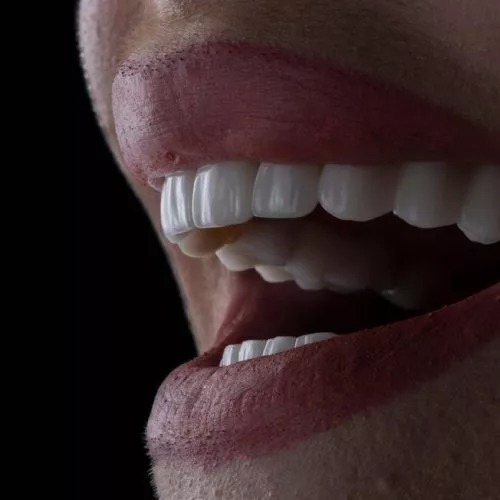
The Pros And Cons Of Dental Veneers
Dental veneers are thin, custom-made shells placed over teeth’ front surfaces to improve appearance. They are a popular cosmetic dentistry option that can address various dental issues, such as discoloration, chipping, and misalignment. While veneers offer many benefits, they also have some downsides. In this article, we will discuss the pros and cons of dental veneers to help you decide if they are right for you. Check here the total veneer cost Abu Dhabi.
Pros
Improved appearance:
Dental veneers can significantly improve the appearance of teeth. They can cover discoloration, gaps, and chips, creating a more even, uniform smile. Veneers can also improve the shape and size of teeth, making them look more proportional and aesthetically pleasing.
Durability:
Dental veneers are durable and can last for many years with proper care. They are made of solid, high-quality materials that withstand normal wear and tear. With good oral hygiene and regular dental checkups, veneers can last 10-15 years.
Stain resistance:
Dental veneers are resistant to stains and discoloration. This is because they are made of porcelain or composite resin, which is not porous and does not absorb pigments. This means your veneers will retain their natural, bright appearance even after years of use.
Cons:
Cost:
Dental veneers are a costly cosmetic dentistry option. They require multiple visits to the dentist and custom fabrication in a dental lab. The price can vary depending on the number of veneers needed and the materials used, making them a significant investment for many patients.
Irreversibility:
Placing dental veneers involves removing a small amount of tooth enamel to make room for the veneers. This means the procedure is irreversible, and the patient will need veneers or some form of dental restoration for the rest of their life.
Sensitivity:
Some patients may experience increased sensitivity after getting dental veneers. This is because the procedure involves removing a small amount of tooth enamel, which can expose the tooth’s dentin layer. This can make the tooth more sensitive to hot and cold temperatures.
Maintenance:
Dental veneers require ongoing maintenance to ensure their longevity. Patients must practice good oral hygiene, avoid hard or sticky foods, and wear a mouth-guard during sports or other high-impact activities. If a veneer becomes damaged or dislodged, it may need to be replaced or repaired.




